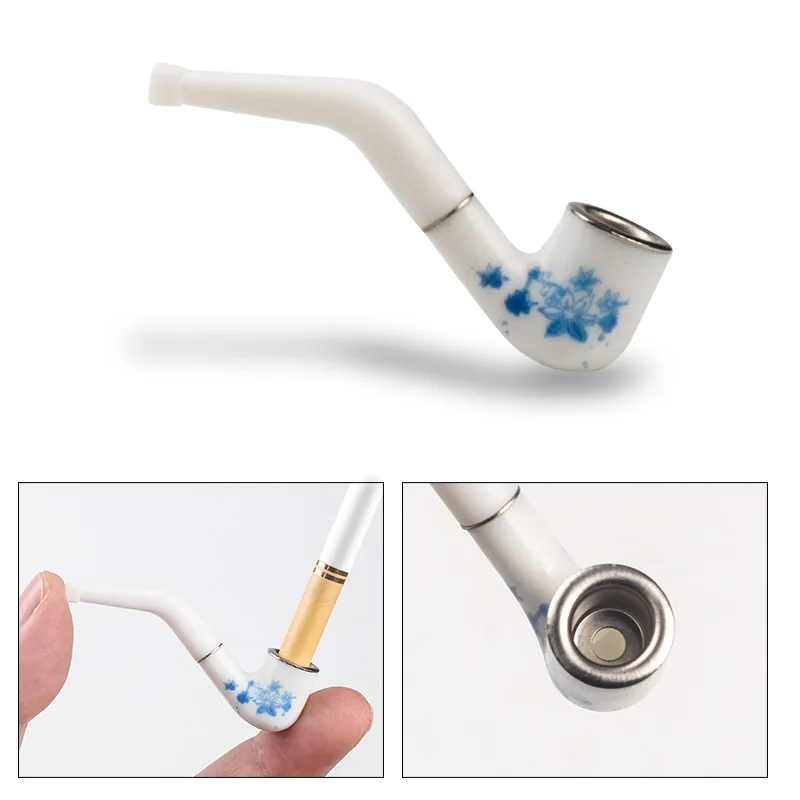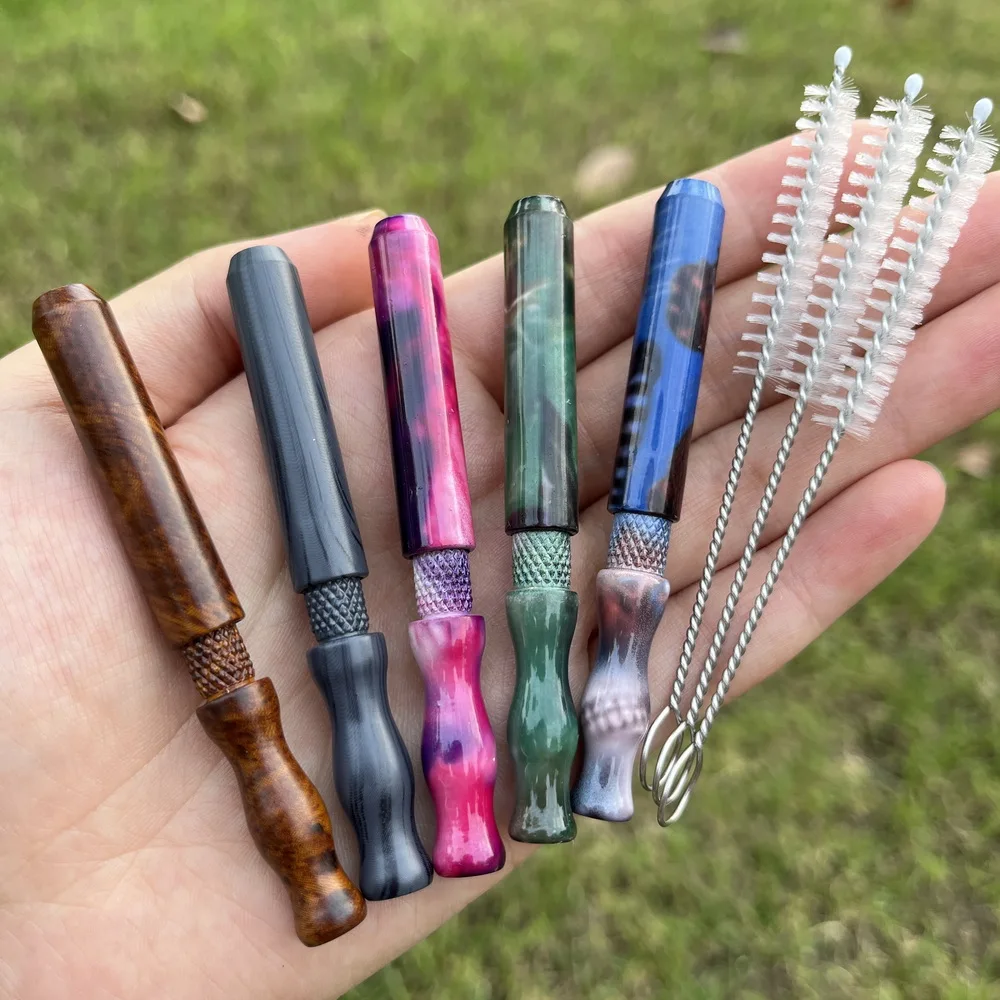For decades, cannabis has been trapped in a political purgatory, classified, vilified, and regulated as if it were a dangerous, single-molecule synthetic drug. But anyone who’s ever looked beyond the government propaganda or actually interacted with the plant knows better: cannabis is not a “drug” in the traditional pharmaceutical sense. Many of us see it as a nutraceutical, a natural, complex botanical with broad potential that belongs in the hands of the people, not the pocketbooks of pharmaceutical conglomerates.
With the DEA and FDA eyeing a possible reschedule to Schedule III, many headlines are celebrating it as “progress.” But let’s call it what it is: a half-measure that keeps cannabis chained to unnecessary federal control. If we want real reform, cannabis must be descheduled, not rescheduled.
Rescheduling to Schedule III: A Wolf in Sheep’s Lab Coat
On paper, Schedule III sounds better than Schedule I, it acknowledges “medical use” and less potential for abuse. But don’t be fooled. Rescheduling is not freedom; it’s a transfer of control from prohibitionists to bureaucrats.
Under Schedule III, cannabis would still be governed by the Controlled Substances Act (CSA), meaning the DEA stays in charge, federal oversight persists, and access remains heavily restricted.
It’s like moving cannabis from solitary confinement to a minimum-security prison. Sure, there’s a little more sunlight, but the bars are still there.
Here’s what Schedule III actually means:
Only FDA-approved, pharmaceutical-style products can be legally prescribed.
Plant-based, whole-plant cannabis remains federally restricted.
Multi-state operators and small farmers risk getting boxed out while larger pharmaceutical and biotech players position themselves to move in.
Tax code Section 280E relief applies, but at the cost of tighter regulatory oversight that could crush smaller businesses under paperwork and compliance costs.
If we’re not careful, rescheduling could be the corporatization of cannabis 2.0, with your neighborhood dispensary replaced by pharmacy shelves stocked with cannabinoid isolates owned and controlled by major drug companies.
Cannabis Is Not a Single-Molecule Drug, It’s a Botanical Symphony
Pharmaceuticals are designed to target specific molecules with laser precision, one compound, one receptor, one outcome. Cannabis is the exact opposite. It’s an orchestra of over 500 compounds working together in harmony through what many call the entourage effect. Cannabinoids, terpenes, flavonoids, and minor compounds all interact to produce results that no single molecule can replicate.
You can’t isolate the music from the symphony. You can’t extract wellness from a single molecule and call it “cannabis.”
Critics of the pharmaceutical approach argue that industry would rather break the plant apart and patent each note. But the plant’s power lies in its complexity, its natural synergy, and its adaptability within the human body’s endocannabinoid system (ECS), the regulatory network that impacts everything from mood and pain to immunity and sleep.
This complexity is precisely why many of us believe cannabis doesn’t belong in Schedule III. The CSA was written to manage controlled, synthesized drugs, not living, breathing botanicals that have co-evolved with human physiology for thousands of years.
Cannabis as a Nutraceutical: The Food-as-Medicine Paradigm
The term nutraceutical describes natural compounds or foods that are associated with health and therapeutic benefits. Think turmeric, green tea, omega-3 fatty acids, or ginseng. In that sense, cannabis fits this definition neatly, it is often used and experienced as a nutritional and medicinal powerhouse rolled into one.
Raw cannabis is rich in cannabinoid acids (like THCA and CBDA), which researchers are studying for potential anti-inflammatory, neuroprotective, and antioxidant properties without intoxication.
Hemp-derived cannabinoids and terpenes are often described as adaptogens, used by people who want to help their bodies maintain balance and resist stress.
Daily microdosing of cannabinoids is used by many people who believe it may support endocannabinoid tone, much like others use vitamins to support immune health.
This feels like nutraceutical territory, not pharmaceutical. You don’t need a prescription to eat blueberries or take turmeric, even though both have measurable effects in the body. Many of us believe cannabis deserves the same treatment.
By descheduling cannabis entirely, we can finally normalize it as a wellness ingredient, not a controlled substance. It can live alongside supplements, functional foods, and holistic therapies, available for prevention as well as treatment.
The Endocannabinoid System Shows Why Cannabis Fits Nutrition More Than Narcotics
The existence of the endocannabinoid system (ECS), discovered in the 1990s, blew a hole in the old “drug abuse” narrative. Every human and mammal has this system; it produces endocannabinoids (like anandamide and 2-AG) that regulate homeostasis across nearly every physiological system.
Phytocannabinoids from cannabis interact with this system in ways advocates often compare to taking omega-3s to support brain function or probiotics for gut health.
So let’s be clear: cannabis doesn’t have to be viewed as something that hijacks your brain. Many of us see it as supporting a system that modern life constantly strains.
Putting it under Schedule III is like listing Vitamin D as a controlled substance because sunlight affects mood.
Descheduling: The Only Path to True Cannabis Freedom
Descheduling removes cannabis from the Controlled Substances Act entirely, no DEA oversight, no federal criminalization, no artificial separation between “medical” and “recreational.”
It would allow cannabis to be regulated like alcohol, tobacco, or coffee, industries that thrive under consumer protection laws, not criminal enforcement.
Descheduling means:
Full commercial access for businesses big and small.
Free interstate commerce, eliminating the fragmented patchwork of state laws.
More scientific research without DEA red tape.
Consumer safety standards driven by health agencies, not narcotics enforcement.
Tax equity and banking access for legitimate operators.
Rescheduling doesn’t solve these problems, it just rearranges the bureaucracy. Descheduling eliminates it.
The Pharmaceutical Play: Control Through Isolation
Let’s not ignore the elephant in the grow room. Many in the community believe large pharmaceutical interests have been circling cannabis for years, waiting for federal law to shift just enough for them to move in.
They may not be interested in the plant as a whole. They want the molecules.
Epidiolex (CBD isolate) by GW Pharmaceuticals was the first FDA-approved cannabis-derived drug, and to many patients and advocates, it feels like a narrow, pharmaceutical version of the plant’s broader potential.
Dozens of other companies are filing patents on specific cannabinoids, extraction methods, and delivery systems.
Once cannabis lands in Schedule III, only FDA-approved products can be prescribed or marketed for medical use. Advocates fear this sets the stage for pharmaceutical gatekeeping, where isolated compounds are sold at many times the cost of the natural plant, while your right to grow or access whole cannabis remains federally blocked.
For many of us, that is not progress. It looks a lot like privatization.
Public Health, Not Private Patents
The nutraceutical model aims to empower public health through access, education, and self-regulation. The pharmaceutical model tends to empower profit through patents and prescriptions.
Descheduling aligns with the former. Rescheduling risks protecting the latter.
If cannabis remains under the CSA, the same agencies that criminalized it for decades will now control it. And they will do so using the same tools, licensing bottlenecks, compliance traps, and market barriers that often end up benefiting corporations over communities.
We’ve already seen this story play out in the hemp industry. The 2018 Farm Bill legalized hemp and CBD, but FDA inaction and inconsistent enforcement created chaos. Small farmers and brands struggled while larger players consolidated control.
Descheduling avoids that fate. It invites the FDA to regulate products for safety, not criminality, while allowing states to maintain their own adult-use frameworks.
Science Supports Descheduling
Even the federal government’s own research has quietly acknowledged that cannabis has medical value and relatively low abuse potential, criteria that directly contradict Schedule I or III status.
The National Academies of Sciences (2017) concluded there is substantial evidence for cannabis in treating chronic pain, nausea, and spasticity.
The CDC notes that cannabis is not associated with fatal overdose in the way many other controlled substances are.
The NIH funds studies into cannabinoids as potential tools in addressing inflammation, neurodegeneration, and cancer.
When science says one thing and the law says another, it is not about health, it is about control.
A Regulatory Blueprint for the Future
If descheduling feels radical, remember: it is already happening at the state level. Thirty-eight states have medical programs, and twenty-four have legalized adult use. The sky hasn’t fallen. The federal government is simply playing catch-up.
A sensible descheduling framework could look like this:
Remove cannabis entirely from the CSA.
Allow whole-plant cannabis to be regulated as a wellness product or agricultural commodity.
Establish clear testing, labeling, and potency standards.
Allow FDA oversight for safety, not market exclusivity.
Keep pharmaceutical isolates (like synthetic THC or CBD-based drugs) under Schedule III for specific clinical applications.
This two-tier system honors both the plant and the science, keeping natural cannabis accessible while allowing pharma to play in its own sandbox.
The Cultural Context: Cannabis Belongs to the People
Cannabis has been medicine, food, fiber, and sacrament for millennia. The U.S. government didn’t discover it, they criminalized it, taxed it, and now they are trying to rebrand it as a “controlled medicine.”
But the cannabis community, the cultivators, patients, veterans, caregivers, and advocates, have carried this plant through prohibition. We don’t need permission to use what nature gave us.
Descheduling isn’t just a legal argument; it’s a cultural reclamation. It’s about returning cannabis to the people, where many of us believe it has always belonged.
The Hemp Rider: A Quiet Move With Massive Consequences
While everyone was watching Congress scramble to avoid another government shutdown, lawmakers slipped a hemp-killer into the newest federal spending bill. The “hemp rider,” tucked deep in the November 12, 2025 package, does something far more dramatic than fix budgets, it rewrites what “hemp” even means under federal law.
Under the 2018 Farm Bill, hemp earned its freedom by staying under 0.3% delta-9 THC. Simple. Clean. Predictable. But this new rider blows that wide open. It says hemp is no longer hemp if it contains any measurable amount of THC, THCA, or anything with THC-like effects. It also targets anything “manufactured” or “converted,” which hits practically every hemp-derived cannabinoid on the market, delta-8, THCA flower, blends, infused edibles, you name it. Even full-spectrum products could get swept back into controlled-substance territory.
In one quiet paragraph, Congress basically handed the FDA and USDA the power to decide which cannabinoid products can remain in the legal marketplace, and which are treated as controlled substances. If this rider stands, much of the hemp-derived wellness space could disappear within a year. Not regulated. Not corrected. Wiped out.
For small brands, farmers, retailers, and alternative-wellness companies, this isn’t a tweak, it’s a seismic threat. And it comes at the exact same time the DEA is pushing cannabis into Schedule III, tightening pharmaceutical-style control over the plant while the government simultaneously cracks down on hemp.
If you zoom out, the pattern becomes hard to ignore. Hemp-derived cannabinoids were the “nutraceutical workaround” that allowed millions of people to access plant-based products outside the pharmaceutical system. Now Washington is signaling that even that freedom might be short-lived unless full federal reform happens.
This rider is the perfect example of why descheduling matters. If cannabis stays under the Controlled Substances Act, whether in Schedule I or Schedule III, federal agencies will keep trying to gatekeep the plant. Hemp got its moment of daylight in 2018, and the government already seems to be trying to stuff it back in the bottle.
The message is clear. If we want cannabis and hemp to survive as wellness tools, not just pharmaceutical inputs, descheduling is the path that best protects both the industry and the people who rely on it.
Freedom Is Descheduling, Not Rescheduling
Let’s be blunt (pun intended):
Rescheduling to Schedule III is not liberation, it’s a lateral move that keeps cannabis under lock and key.
Cannabis is not a synthetic pharmaceutical, it is a nutritional, therapeutic, and cultural cornerstone that deserves full descheduling and normalization. The plant’s chemistry, history, and safety profile all point to one truth for many of us in this space, it belongs in the nutraceutical conversation, not the narcotics list.
Until the federal government acknowledges that, the cannabis industry and its consumers will remain trapped between progress and prohibition.
It is time to end the scheduling game altogether and let cannabis take its place as one of nature’s most versatile wellness tools. The people have spoken. The science is building. The government just needs to catch up.
This article is an opinion piece from an external, unpaid contributor. The views expressed are those of the author and do not necessarily reflect the views of High Times. The article has been lightly edited for clarity and length.





























